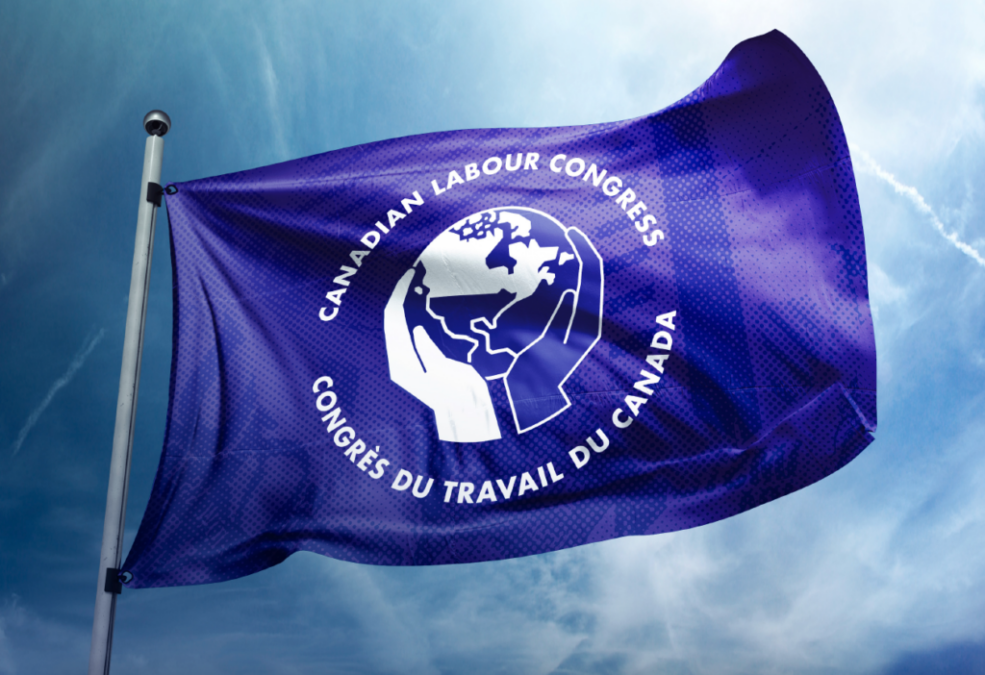
Social Justice and Democracy
Unions welcome announcement on federal human rights ombudsperson
January 17, 2018
Canada’s unions are welcoming the federal government’s announcement that it will appoint an ombudsperson to ensure Canadian corporations respect their human rights obligations abroad.
The new position, formally titled the Canadian Ombudsperson for Responsible Enterprise (CORE), was announced today by François-Philippe Champagne, Minister of International Trade. The ombudsperson will be mandated to investigate allegations of wrongdoing by Canadian mining, energy, and textile companies operating abroad. Their mandate will expand to include other industries over time.
“Today’s announcement comes after a decade of hard work by unions and by our allies, and will finally help ensure that Canadian corporations are compelled to respect their human rights obligations abroad,” said CLC President Hassan Yussuff.
About 1,500 Canadian-owned mining and exploration companies operate in over 8,000 properties in more than 100 countries around the globe. Many have been accused of grave human rights abuses including murder and gang rape, or forcing workers into life-threatening labour conditions. Just weeks ago in November, two workers were murdered while on strike at a Canadian-owned mine in Mexico.
Human rights abuses are present in the textile industry as well. The collapse of the Rana Plaza garment factory in Bangladesh in 2013 left 1,100 workers dead and thousands more injured; the tragedy stands as a stark reminder that this industry, which includes and supplies prominent Canadian companies, must be held to account for its actions.
“All of us want Canada to be a human rights leader around the
world; we don’t want to find out that the products we buy are contributing to human rights violations and abuses elsewhere,” said Yussuff.
“The Canadian government actively promotes and supports these companies abroad with loans, loan guarantees and insurance and diplomatic trade support – all of that should be contingent on respecting human rights,” he added.
A coalition of organizations, including Canada’s unions, human rights, environmental, faith-based and international solidarity groups, have said that in order for the ombudsperson to be effective, they must be:
- Independent, impartial and arms-length from government;
- Mandated and adequately resourced to investigate incidents. That means being able to compel documents and testimony;
- Able to make public findings and recommendations that tie subsidies, loans, loan insurance and other trade support from government to respect for human rights;
- Able to monitor and follow up on recommendations;
- Transparent. To be effective, the ombudsperson’s findings, recommendations, approved settlement agreements and policy proposals must be publicly available.
Yussuff added that the creation of a strong and independent human rights ombudsperson is also important given calls by the G7 and G20 on all member countries to create and strengthen mechanisms to fulfill their commitments under the OECD Guidelines for Multinational Enterprises. The move will also help Canada fulfill its obligations under the UN Guiding Principles on Business and Human Rights and other international norms, he said.
The CLC is a member of the Canadian Network on Corporate Accountability, along with over 30 other unions and human rights, environmental and faith-based and solidarity groups. Union members of the coalition include the Canadian Union of Public Employees, Unifor, the United Steelworkers, the Public Service Alliance of Canada and the British Columbia Teachers Federation.

